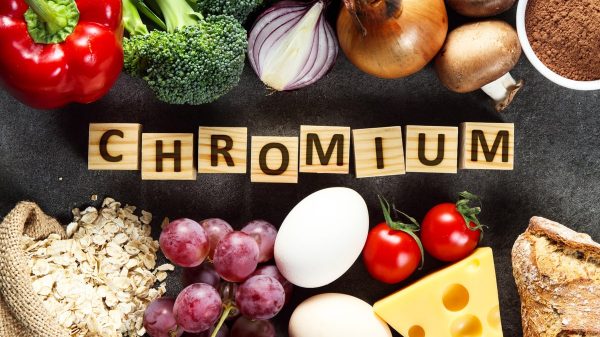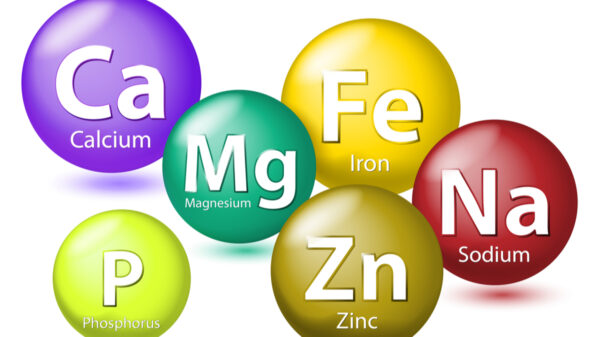Egg yolk and white contain plenty of different nutrients rich in vitamins, protein, and minerals. The yolk also consists of essential fatty acids, cholesterol, and fat-soluble vitamins like vitamin D and E.
Eggs are employed in many cooking recipes since they contain chemicals acting like glue responsible for many baking reactions.
Nutritional facts of Eggs
- High quality protein is present in eggs.
- Proteins of the egg are mainly present in egg whites that also contain less fat and vitamin B12.
- Eggs are abundant in minerals like iron, zinc, and copper and also contain vitamin D, selenium, B6, and B12.
- White does not have as much fat and calories as the yolk does.
- They are plentiful in fat-soluble vitamins like A, D, E, and K, also in lecithin, which is a constituent responsible for emulsification in products like mayonnaise or hollandaise.

Health Benefits of Eggs
There are many benefits of eggs including egg yolk, egg white, and boiled eggs such as:
1. Egg yolk benefits (high in Omega 3 fatty acids)
Every egg contains different levels of nutrition. These levels are dependent on the feed they were given and the way they were raised that determines their quantities of nutrition.
DHA (Docosahexaenoic acid) supports many functions such as vision, brain function, and lower blood triglycerides.
Egg yolk also contains essential vitamins such as Vitamin A, D, E, and B12. It also contains folate.
2. Raise good cholesterol levels
Good cholesterol, which is the High–Density Lipoprotein (HDL), levels are increased by taking eggs.
A single egg has 212 mg, which is almost the amount of intake, 300 mg, recommended per day.
Many conditions such as stroke, heart disease, and related health issues are fought with adequate amounts of HDL levels.

3. Eggs Benefits for Eye Health
Two strong antioxidants are present in eggs such as lutein and zeaxanthin. Accumulation of antioxidants occurs in the retina of the eyes.
Taking sufficient quantities of these nutrients can help to avoid getting the risk of developing eye disorders like cataracts and macular degeneration.
4. Reduces risk of cardiovascular diseases
Heart risks are increased due to the consumption of large quantities of LDL cholesterol, also known as bad cholesterol, which is dangerous and increases the chances of heart disease.
Two types of LDL are further found, which is not commonly known information, small LDL and large LDL.
5. Egg white benefits – high in protein
Egg white is high in proteins, and a healthy person needs adequate amounts of protein in their diet. It is low in calories and cholesterol.
Proteins are important for the construction of human tissues in the body for functional and structural purposes, as they are the natural building blocks of tissues.
Six grams of protein is present in one large egg.
6. Promotes Brain Health
The brain is thought of as the most complex organ. Keeping good health requires you to maintain good brain health too.
The proper function of cells, nervous system, memory, and metabolism is supported by the presence of minerals and vitamins found in eggs.
7. Essential minerals
Eggs contain some amount of minerals such as zinc, iron, and phosphorus that are necessary for your body’s health.
The immune system is boosted with the help of zinc and converts food into energy.
8. Production of Hormones
Iron is essential for a lot of functions, but mainly for women during their menstruation as they bleed out quite a bit.
Eggs also contain abundantly iodine, used to develop thyroid hormones, and selenium.

Boiled egg benefits
Boiled egg contains zeaxanthin and lutein, and it also has anti-inflammatory and antioxidant properties. It is essential for eye health and the functioning of the brain.

















